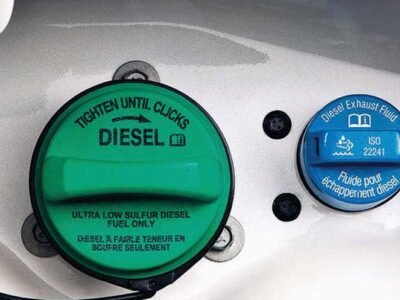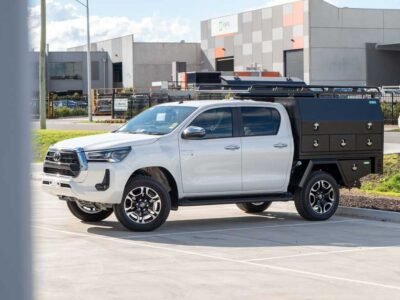Buying a new car is exciting. Yet, the experience can also be stressful. It’s a process that thousands of people go through every year –in fact, more than 660,000 new vehicles have been registered YTD as of May 2022, according to data released by SMMT.
The stressful part of buying a new car is the expense. After all, it’s one of the largest purchases you’re likely to make in your life. City cars have an average price of £13,600, according to data published by Statista – and that’s the cheapest across the many categories.
Because of this, it’s crucial that you cross all your t’s and dot your i’s before making your final decision. And to help you achieve this, we’re asking three critical questions below.
1. What do you need?
The way that you’ll use your new car should guide you through the selection process. If you transport bulky items, is there enough boot space? Will your child seats fit in the back? Will a diesel or petrol vehicle be better suited to the amount of driving that you do?
Consider questions like these carefully in order to know the key features that your new car will need before you start searching. Ask your family members too, as they might think of something that you won’t.
2. What are your buying options
When you’re ready to buy a new vehicle, there are several different options that you can use to make your purchase. Depending on your circumstances, some will be more suitable for you than others – so this aspect of buying a new car merits some serious thought. Consider some of the following options:
- Buying outright – This is generally the cheapest option since it involves no additional interest costs on top of purchasing the vehicle. This makes it ideal for first cars and cars under £5000 but could leave you financially compromised due to the large one-off payment involved.
- Getting a car loan – If you want to buy the car outright but don’t have the lump sum on hand, a car loan could help you make your purchase. This would allow you to pay for your new vehicle using money from the bank and then repay them in more manageable monthly instalments.
- Financing the car – This option lets you pay the total cost incrementally over a fixed period of time. You’ll also pay monthly interest, meaning that in total you’ll pay a sum greater than the original cost of the car. Be warned, the advantage of not needing an initial lump sum comes at a steep price.
3. What is the resale value?
It pays well to consider how long you’re likely to keep your car. If you’re hoping to keep it for as long as possible, then this factor won’t bear much on which brand or model you buy. But if you plan on keeping your new car for a few years and then selling it, you’ll need to choose a car that will give you back as much cash as possible.
What’s your best tip for someone buying a new car? Share your advice with us in the comments section!












